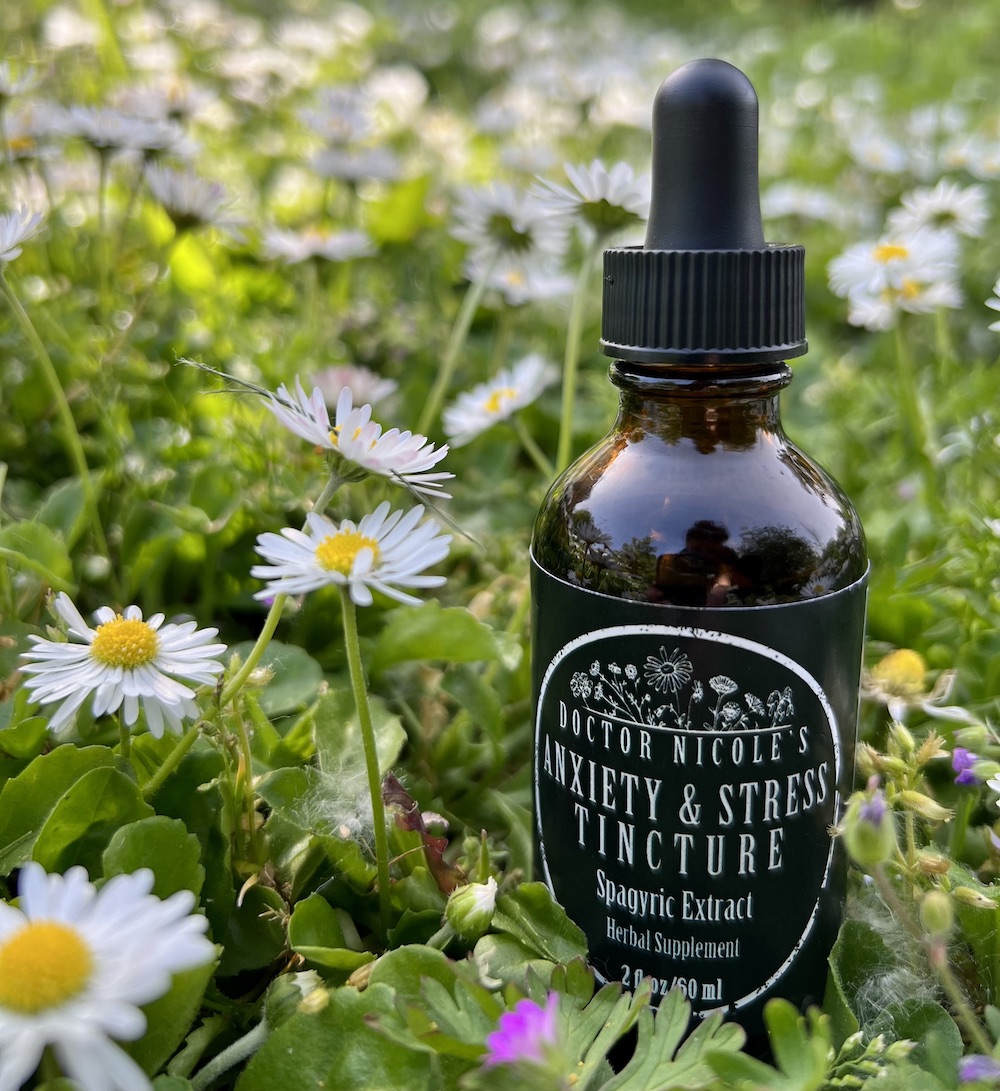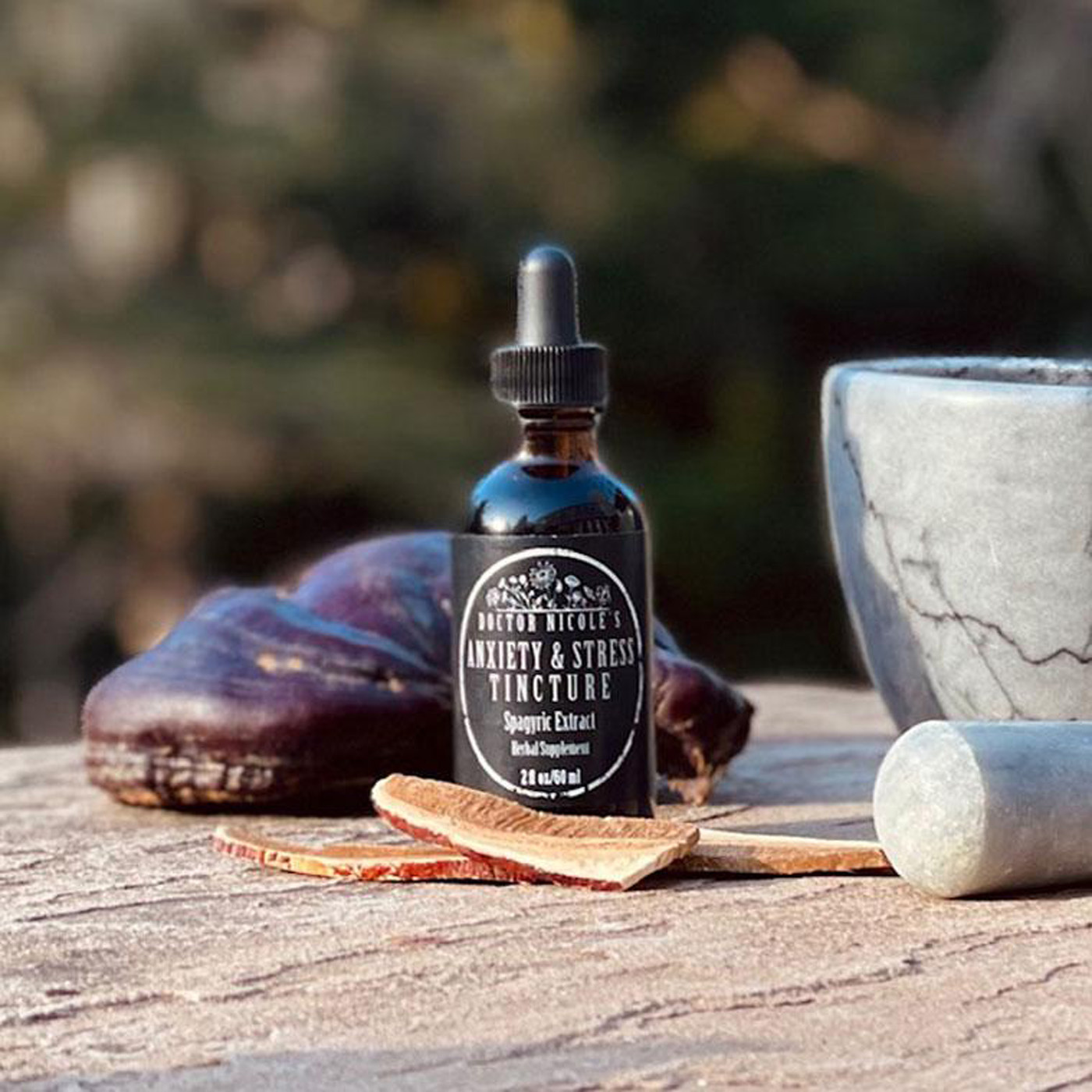Walking the Path of High Sensitivity
With around 15-30% of the population classified as highly sensitive, there is a good chance you, a loved one, friend, or coworker lands squarely in this group. Someone with sensory processing sensitivity is highly attuned to their environment — including sights, sounds, smells, and other forms of sensory input, such as another person’s facial expression, mood, or emotional undercurrent. Additionally, they can be more sensitive to pain and caffeine. On a bright note, sensitive people tend to have higher levels of empathy, creativity, sensory intelligence, and deeper emotion and processing of information — making for very rich lives.
While researchers believe this trait was developed to help keep us safe or track game for food, in our modern era it can cause heightened levels of stress with overstimulation, adrenal fatigue, poor health, and strained relationships unless we navigate it in a workable way. Not an easy feat in our increasingly noisy, chaotic world! But it is well worth the effort as those who are highly sensitive can be some of the most innovative, creative, compassionate people around when they are not overwhelmed by sensory input.
If you find yourself to be a highly sensitive person (HSP) — or know someone who is — here are several ways that can help to prevent overstimulation, fatigue, nervous tension, and overwhelm in day-to-day lives, while supporting the superpowers that go hand-in-hand with this sensitivity. Considering our general fast-paced, modern lives, these are tools that can help just about anyone, even if you are not highly sensitive, so let’s get started!

Sensory Overload and Lifestyle
Environment plays a vital role in the lives of highly sensitive people — this cannot be emphasized enough. If noisy, chaotic, or filled with constant sensory input, you most likely will experience tension, anxiety, lack of clarity, fatigue, and irritability that readily morphs into anger.
For those who are introverts, you are familiar with these telltale signs of overstimulation. While the two are distinct, up to 70% of introverts consider themselves highly sensitive, although as many as 30% of HSPs are actually extroverted. Introversion is a personality trait where you need “alone time” to recharge, whereas high sensitivity is considered a spectrum of emotional, physical, and sensory sensitivity.3 High sensitivity may also arise in those with autism and ADHD, but is considered a different condition.
With both of these examples, environment and lifestyle choices play a key role in how well you thrive (or not). Below are several strategies that are helpful for bringing out your best:
Clear out the clutter. By creating visual order in our lives, it reduces stimuli and calms the nervous system, increases mental clarity, and reduces overall stress. When our attention is constantly drawn to disorganization or too many objects in our space, it creates anxiety and nervousness for those who are HSPs. When we declutter, it also is comforting because it makes life more predictable and easier to navigate.
Immerse yourself in nature. Most of us have experienced the rejuvenating quality of spending time out in nature: stress levels plummet, our mind clears, and we feel a renewal of energy and focus. This isn’t happenstance. Research has shown time and again that spending time in a natural space is a powerful force in promoting physical and mental well-being. And this is especially true for those who are highly sensitive. Personally I find that living in a home that is surrounded by nature brings out the best in me, but even if you live in an urban environment, spending time each day in a natural space — be it a park, rooftop garden, or arboretum — will help to reset your nervous system. Houseplants, a window looking out onto a tree or garden, and photographs of natural scenes are also helpful.
Create a personal sanctuary. If you have an extra room available in your home, consider creating a quiet space that you can retreat to on a daily basis. Design it with comfortable furnishings, warm lighting and candles, and anything else that brings a sense of calm. Avoid using bright colors or patterns and keep it simple. If possible, choose an area of your home that is quiet where you can dim the lights to minimize sensory input. While this can certainly be a space for quiet activities such as reading, try to carve out a little time each day where you are simply being with eyes closed, focusing on your breath. If you live in a boisterous household or in a city where noise in an issue, consider investing in a pair of noise-canceling headphones or use a looping track of pink or brown noise, which mimics the deep sounds of nature like steady rain, waterfalls, and wind.4

Shift empathy into compassion. Highly sensitive people are experts on empathy because they are naturally empathetic. However, this can come at a cost because you often take on the emotions and stress of others — even strangers. One way to work with this trait is to transform it into compassion. Whereas empathy involves mirroring another’s emotion, compassion is actively responding to the person with caring, warmth, and understanding.. Another point to consider is that empathy is draining when you are feeling another’s suffering over time and not taking steps towards workable solutions — and this takes a toll on our overall well-being.
In contrast, compassion is solution-based and intentional. We think of ways to help another person, but also consider the range of trade-offs. When we do offer help, we get a feel-good dopamine hit, which motivates us to be helpful again in the future. How is this different from altruism? While the two are similar, compassion involves feeling a person’s pain and suffering, whereas altruism involves wanting to relieve the distress of another but without the emotional connection. Since empathy and compassion each trigger activity in different areas of the brain, it takes practice to rewire our neural networks toward compassion — but it is worth the effort! See the reference section for a simple compassion training resource.5
Schedule quiet time into your day. Carving out blocks of quiet time throughout the day is important, even if for just five to ten minutes. It can be something as simple as putting on noise-canceling headphones, closing your eyes, and focusing on your breath. If at work, close the door to your office or retreat to a quiet space for the practice where you won’t be interrupted. You will be amazed at how withdrawing from sensory stimulation for just a few minutes a few times a day will renew and recharge you, not to mention how it supports overall productivity and creativity.
Fine Tune Your Work Environment. It is always a good idea to discuss with your employer ideas for bringing out your best at work, including uninterrupted blocks of time to focus; limiting email memos and rapid-fire communication; having plenty of lead time for projects in order to plan and avoid stress; and a quiet space whenever possible. If you work remotely, many have found that getting a good chunk of work done early in the morning before everyone is awake is helpful to avoid multitasking and interruptions.
It is also important to choose entertainment wisely and avoid violent or high-stress films; limit your time on social media and the news; cultivate friendships with those who strive to lead positive lives instead of seeking drama and negativity; focus on a diet that has plenty of protein (especially in the morning), B-vitamins, and zinc to maintain energy levels and support the nervous system; avoiding processed foods and refined sugar as they encourage fluctuating blood sugar levels and crash energy, which makes you less able to navigate sensory input in a healthy way; and exercise regularly to relieve nervous tension, preferably outside and in nature.
Herbal Solutions for Highly Sensitive People: A Holistic Approach
Along with the lifestyle suggestions above, herbal remedies are an outstanding option for HSPs. Gentle yet effective, medicinal extracts add an extra layer of support when you need it the most. Our Anxiety & Stress Blend helps the body adapt to stress, calms the nervous system, and helps to relieve the anxiety, depression, and stress-related insomnia that is often experienced by those who are highly sensitive. It also lowers inflammation and improves cognitive function. If spinning thoughts are keeping you awake at night, this is the formulation for you!
BEST THING TO CALM ME DOWN!!
“I love this tincture! I take it in the [morning] and it keeps me calm and happy all day long. Thank you Nicole for an amazing product!” -Anaivette T.
This popular blend contains potent extractions of ashwagandha and lemon balm, along with lion’s mane and reishi medicinal mushrooms. Learn more about these exceptional botanicals by visiting the apothecary today!
Nicole Apelian
Nicole’s Apothecary Products in this Post
References
- “Being Highly Sensitive is a Superpower — Here’s How to Leverage it” Kathy Caprino, Forbes, February 28, 2023. https://www.forbes.com/sites/kathycaprino/2023/02/28/being-highly-sensitive-is-a-superpowerheres-how-to-leverage-it/
- Chacón, A., Pérez-Chacón, M., Borda-Mas, M., Avargues-Navarro, M. L., & López-Jiménez, A. M. (2021). Cross-Cultural Adaptation and Validation of the Highly Sensitive Person Scale to the Adult Spanish Population (HSPS-S). Psychology research and behavior management, 14, 1041–1052. https://doi.org/10.2147/PRBM.S321277
- “Highly Sensitive Person” Psychology Today. https://www.psychologytoday.com/us/basics/highly-sensitive-person
- “What Is Pink Noise and How Does It Compare with Other Sonic Hues?” Healthline, Kirsten Nuez, medically reviewed by Elaine K. Leo, M.D. March 10, 2023. https://www.healthline.com/health/pink-noise-sleep
- “Compassionate Meditation” Greater Good Science Center. https://ggia.berkeley.edu/practice/compassion_meditation






